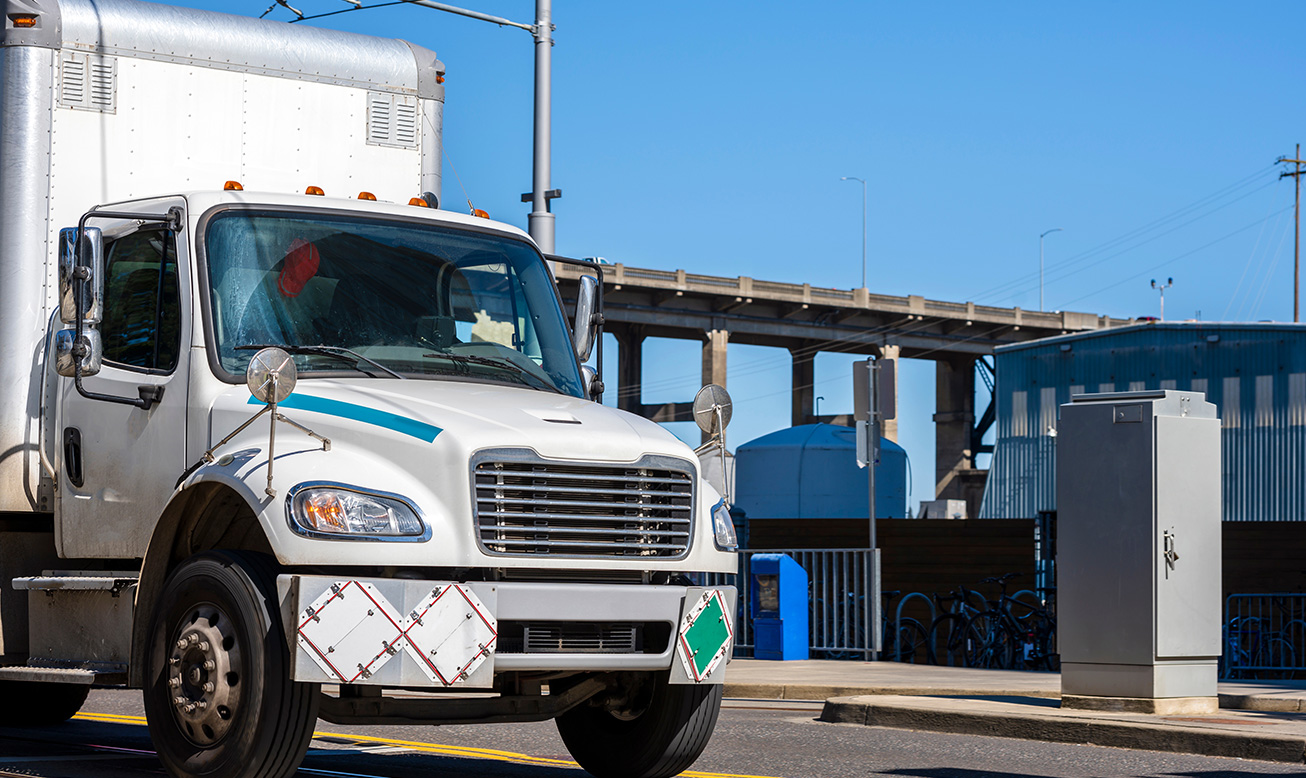October 15, 2025
How Mid Size Businesses Benefit from Non-Asset-Based 3PL Partners
Growth is exciting, but it also comes with growing pains, especially for mid-sized businesses that are trying to expand operations efficiently. Many companies find themselves at a crossroads: they have outgrown the do-it-yourself stage but are not yet ready to build a full-scale logistics department like larger corporations. This is where experienced 3PL partners make all the difference.
The Crossroads of Growth
According to the U.S. Small Business Administration, small and medium-sized enterprises (SMEs) make up over 99 percent of all U.S. businesses and generate nearly half of private-sector employment. However, only a fraction of these companies have the infrastructure to scale smoothly. For many medium-sized firms, logistics is the first major challenge that exposes growing operational gaps.
Handling transportation internally may work in the early stages, but as order volumes increase, the process quickly becomes complex. Managing drivers, freight schedules, regulatory compliance, and warehouse coordination demands both expertise and flexibility. That is why so many expanding companies turn to non-asset-based 3PL partners like Last Mile Logistics. We do not own trucks or warehouses; instead, we manage logistics through an extensive, approved network of carriers, drivers, and technology tools.
Why Non-Asset-Based 3PLs Are Ideal for Growing Companies
Working with a non-asset-based logistics provider gives middle market companies the freedom to scale without being tied to rigid fleet ownership. We offer the best of both worlds: access to a vast transportation network and the ability to customize solutions to each client’s needs.
For mid-sized businesses, flexibility often determines whether growth is sustainable. A non-asset-based 3PL can:
- Match capacity to demand, adjusting for seasonal peaks or new market entries.
- Negotiate competitive freight rates through long-term carrier relationships to optimize costs.
- Provide access to specialized equipment or routes without the investment burden.
- Deliver transparency through tracking and data reporting tools that improve decision-making.
This model allows logistics clients to keep their capital focused on their core business, production, sales, or innovation, while their logistics partner handles transportation efficiency.

The Hidden Cost of Poor Loss Prevention
One of the least discussed yet most critical logistical challenges for SMEs is loss prevention. Cargo theft, misrouted shipments, and in-transit damages can severely impact profit margins, customer satisfaction, and reputation. According to CargoNet, cargo theft incidents rose significantly across the U.S. in 2024, with estimated losses exceeding $130 million.
At Last Mile Logistics, we take loss prevention seriously. As an experienced non-asset-based carrier, our approach combines rigorous carrier vetting, real-time shipment tracking, and data-driven route analysis to reduce risk at every step of the supply chain. Every carrier in our network must meet strict compliance and safety standards, ensuring that freight moves safely and securely; no exceptions.
Loss prevention is not just about protecting cargo; it is about protecting relationships. Delays and damaged goods can jeopardize contracts and long-term partnerships. That is why we invest in advanced monitoring technology and hands-on support, keeping clients informed until every load reaches its destination.
Facing Logistical Challenges with the Right Partner
For growing middle-market companies, logistics can feel like a balancing act. You are competing with large enterprises that benefit from scale, yet your customers expect the same level of service and reliability.
Common logistics challenges for mid-sized businesses include:
Limited internal expertise – Expanding supply chains require specialized knowledge of routing, compliance, and mode optimization.
Tight budgets – Without the purchasing power of national corporations, SMEs may struggle to secure cost-effective freight rates.
Technology gaps – Building or buying logistics management systems is costly, especially when resources are already stretched thin.
Disruption vulnerability – A single supply chain interruption, such as weather, labor strikes, or fuel price spikes, can ripple across operations.
Partnering with a 3PL helps bridge these gaps. We bring access to nationwide carrier networks, transportation management technology, and experienced staff who understand the nuances of shipping across industries. Whether the client handles manufacturing, retail distribution, or construction materials, customized solutions can align logistics performance with business goals.
The Value of Strategic Relationships
Unlike large corporations that manage multiple freight brokers and forwarders, mid-size businesses usually prefer deeper, more collaborative relationships. They seek a logistics partner that acts as an extension of their operations, rather than just a service vendor.
That is precisely what we provide. Every shipment, route, and carrier is handled with the client’s broader business objectives in mind. The goal is to ensure that every movement of goods supports long-term efficiency and growth.

Building Efficiency Through Technology
Technology has become an integral part of modern logistics. Non-asset-based carriers rely on transportation management systems (TMS), real-time GPS monitoring, and predictive analytics to make smarter decisions. For our clients, our solutions mean greater visibility and fewer surprises.
Through integrated platforms, clients can track loads, verify carrier compliance, receive automated alerts, and access digital proof of delivery. These tools minimize manual errors, reduce administrative workloads, and facilitate more accurate forecasting. Over time, the collected data also provides valuable insights into performance metrics, such as cost per mile, on-time delivery rates, and detention times, helping SMEs continuously refine their logistics plans.
Preparing for the Next Growth Phase
Eventually, every medium-sized business aims to become a larger enterprise. The transition requires scalable systems and dependable partners. By benefiting from a non-asset-based 3PL, companies can grow without overextending resources, maintaining flexibility to expand into new markets or add new product lines.
What sets successful logistics clients apart is operational efficiency, but more importantly, foresight. Companies that adopt best practices recognize that growth hinges on consistent, secure, and transparent supply chain performance. By entrusting logistics to us, they safeguard their reputation while improving delivery times and reducing losses.
The Bottom Line
Scaling a mid-sized business is both an opportunity and a test. Logistics should not be an obstacle to that growth. Last Mile Logistics offers the flexibility, security, and strategic expertise that growing companies require to succeed.
With years of experience, a vast carrier network, and a strong focus on loss prevention, we have helped middle-market companies simplify logistics, protect assets, and sustain growth.
If your company faces a logistics challenge that is slowing expansion, it might be time to work with a partner that treats your supply chain like its own.

